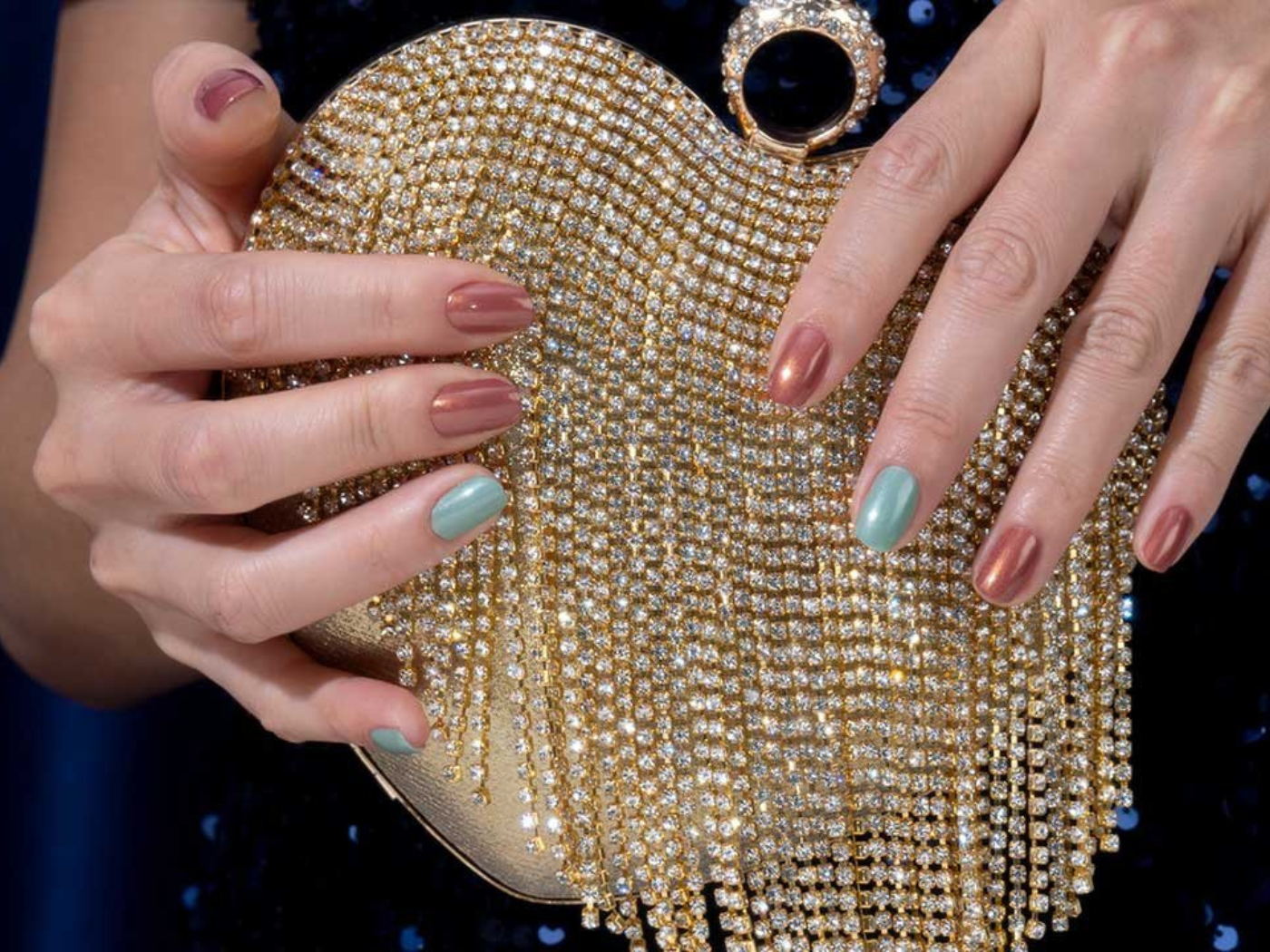
Skin and microbiomes are close partners in maintaining the health of skin, with beneficial bacteria optimizing the skin’s barrier and natural defense immunity. Biome is from the Greek bios, meaning “life”, hence the microbiome maintains the natural flora, or community, of microorganisms that live on the surface of the skin. Dr. Mona Gohara, a board-certified dermatologist, Vice-President of the Women’s Dermatologic Society, and Dove dermatologist explains how a balanced, diverse microbiome keeps skin healthy.
CEW Beauty News: What is the microbiome and how does it keep skin healthy?
Dr. Mona Gohara: The microbiome is the skin’s living protective layer of microflora. Just like the gut requires good bacteria for optimal health, so does the skin. We all have bacteria. It is part of the skin organ, present from the moment we come out of our mothers. These bacteria and yeast help contribute to the skin’s healthy barrier. If there is a disruption of the skin’s microbiome, there may be inflammation of the skin and overgrowth of bad bacteria. There needs to be the right symbiosis between the skin and these microorganisms in order to protect the skin and enhance its function.
CEW Beauty News: Why is the microbiome such a hot topic in skin care?
Dr. Mona Gohara: We are now realizing that a disruption in the microbiome can create inflammation, irritation, dry itchy skin, dermatitis, and even worsen some skin diseases. We’ve always appreciated the importance of the microbiome in the GI (gastrointestinal) tract, and we are learning about the importance of the microbiome for skin. Like gluten has recently come to the fore, so we are understanding our anatomy and how the skin microbiome needs to remain intact and supported.
CEW Beauty News: What are prebiotics, probiotics, and post-biotics?
Dr. Mona Gohara: Prebiotics are food for beneficial bacteria. Probiotics are the beneficial bacteria. Postbiotics are metabolites (a substance necessary for metabolism) secreted by bacteria. Different parts of the skin have different microbiomes. The bacteria and yeast living in the armpits, for example, are different to the bacteria living on the hands and feet. They are all unique, diverse communities, but the overall functions are similar.
CEW Beauty News: Is there a difference between gut probiotics and skin probiotics?
Dr. Mona Gohara: The gut and skin microbiome are different and unique in terms of their microflora, but they converge in the fact that they confer protection and better function for their respective organs. When we prescribe antibiotics for the treatment of acne, we encourage patients to take gut probiotics. We are only starting to understand how the microbiome plays into the aging process and inflammatory skin conditions. Does pollution disrupt the microbiome function? It’s important to separate fact from fiction, and right now we don’t have enough information. The only thing we know for sure is how the microbiome is disrupted, but we don’t know the specific external triggers and environmental aggressors, such as pollution, heat and UV rays, that disrupt the skin microbiome.
CEW Beauty News: How are brands approaching the microbiome in their skin care products right now?
Dr. Mona Gohara: The microbiome wasn’t even a thought a few years ago. Now the preservation and enhancement of the microbiome function is top of mind, as are probiotics as actives in cosmetics. Harsh soaps and sulfates can disrupt the skin microbiome. Gentle cleansers are microbiome-friendly and support the skin. We don’t recommend that our patients use soap which have a high pH (pH13). However, gentle cleansers like Dove Body Wash have a neutral pH, which is where our skin naturally functions. You want cleansers that are pH-neutral. You don’t want to be too far off from the skin’s natural function. Abrasive things, for example over-exfoliation, can disrupt the skin microbiome. One can infer that if there is inflammation of the skin, there is disruption of the microbiome.
CEW Beauty News: What kinds of ingredients boost the skin’s microbiome?
Dr. Mona Gohara: Gentle cleansers, and those with mild surfactants, are extremely important as they respect the microbiome function. Harsh cleansers, such as soaps or those with sulfates, can disrupt the microbiome. There is still a lot to be figured out. We know there are different microbiome communities, and they play a role in the disease process. These types of things will be elucidated now that we have an understanding of the importance of the skin microbiome.
CEW Beauty News: What is on the horizon with regard to future microbiome skin care developments?
Dr. Mona Gohara: It will require a more in-depth understanding of how the microbiome plays into other skin conditions such as aging. For now, products that respect the microbiome are what can be soundly supported scientifically. We support mild cleansers so that the microbiome is protected. Dove is the number one dermotologist recommended body wash.




